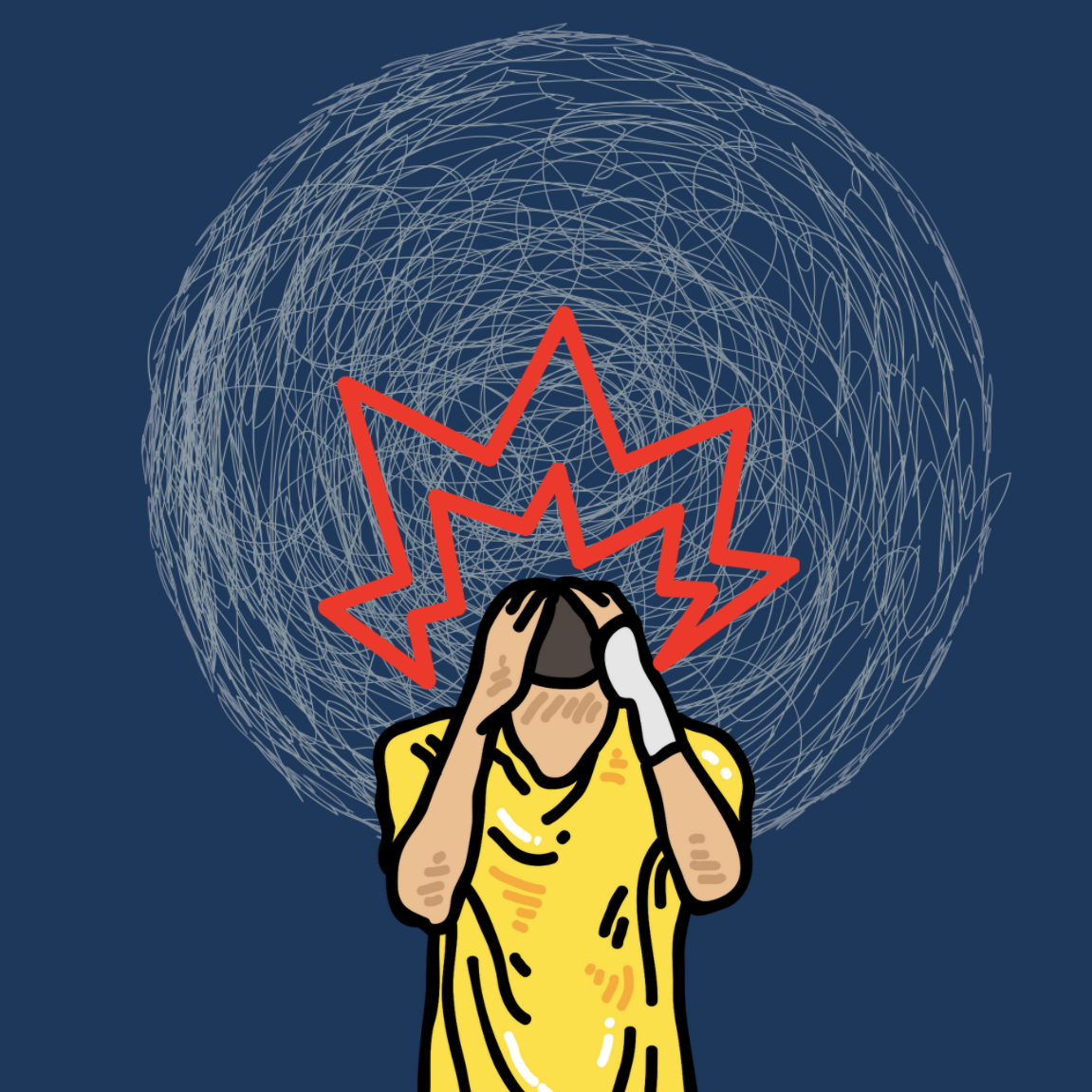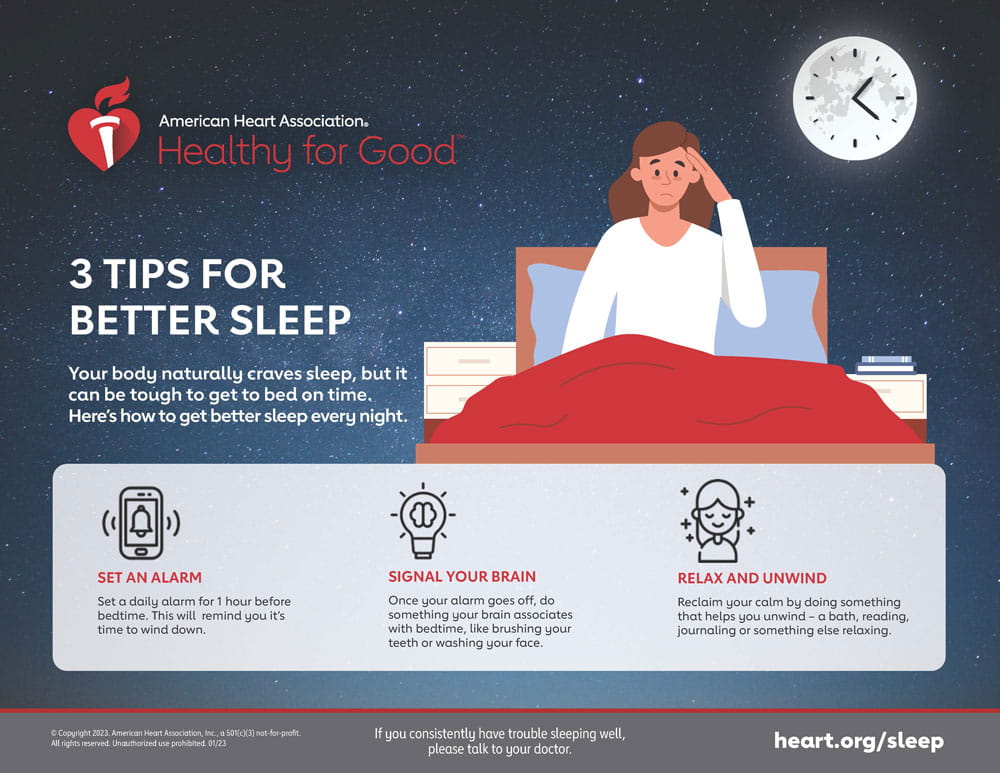
Navigating Mental Wellness in Athletics: A Crucial Perspective
Competitive sports demand not only physical prowess but also a resilient mental state. Athletes often face immense pressure, and addressing mental health is as vital as honing their physical skills. In this article, we explore the importance of mental health in athletics and strategies to foster a positive and supportive environment.
The Silent Struggle: Mental Health in Athletics
Behind the scenes of exhilarating victories and awe-inspiring performances, many athletes silently grapple with mental health challenges. The relentless pursuit of excellence, constant scrutiny, and the pressure to perform at peak levels can take a toll on an athlete’s mental well-being. Acknowledging this silent struggle is the first step in creating a healthier athletic culture.
Breaking the Stigma: Opening the Dialogue
Athletes, coaches, and sports organizations are increasingly recognizing the importance of mental health discussions. Breaking the stigma surrounding mental health encourages individuals to speak openly about their experiences and seek support when needed. Fostering an environment where mental health is a regular topic of conversation promotes overall well-being.
The Performance-Wellness Nexus
Contrary to the traditional notion of focusing solely on physical training for peak performance, acknowledging the intricate connection between mental wellness and athletic achievement is crucial. A balanced approach that considers both physical and mental aspects creates a resilient foundation for sustained success.
Coping Strategies for Athletes
Athletes benefit from a toolkit of coping strategies to navigate the challenges they face. Techniques such as mindfulness, visualization, and stress-management practices contribute to mental resilience. Incorporating these strategies into training routines empowers athletes to better manage stress and optimize their mental well-being.
Coaches as Mental Health Advocates
Coaches play a pivotal role in shaping the mental health landscape within sports. By being advocates for mental health, coaches create a supportive environment where athletes feel comfortable discussing their concerns. Education on recognizing signs of mental distress and providing resources for support are essential aspects of a coach’s role in fostering mental wellness.
Balancing High Expectations with Realistic Goals
Setting ambitious goals is inherent in athletics, but maintaining a balance between aspirations and realistic expectations is crucial for mental health. Unrealistic expectations can lead to burnout and performance anxiety. Encouraging athletes to set achievable milestones promotes a positive mindset and long-term success.
Team Dynamics and Peer Support
In team sports, the camaraderie among teammates can be a powerful force for mental well-being. Building strong team dynamics and promoting peer support creates a safety net for athletes. Knowing they are not alone in their struggles fosters a sense of community, reducing the isolation that often accompanies mental health challenges.
Seeking Professional Support
Just as athletes seek physical trainers for their bodies, they should feel empowered to seek mental health professionals for their minds. Access to sports psychologists or counselors can provide athletes with valuable tools to navigate the psychological aspects of their sport. Seeking help is a sign of strength and a proactive approach to mental wellness.
Mental Health in Athletics: A Continuous Journey
Emphasizing mental health in athletics is not a one-time effort but a continuous journey. Regular check-ins, open communication, and a commitment to fostering a positive and supportive environment contribute to the overall well-being of athletes. Prioritizing mental health ensures that athletes can not only achieve peak performance but also enjoy a fulfilling and sustainable athletic career.
To delve deeper into Mental Health in Athletics, click here for valuable resources and insights that can positively impact the mental well-being of athletes.














